On September 2, 1945, at the historic Ba Dinh Square, President Ho Chi Minh read the Declaration of Independence, solemnly announcing to the people and the world the birth of the Democratic Republic of Vietnam. The Declaration of Independence is a great national founding document, a document of high ideological and theoretical value of President Ho Chi Minh.
The Declaration of Independence opened the era of independence of the Vietnamese people, at the same time, clearly demonstrated the goodwill for peace and the iron determination of the people to protect the independence that had just been won after more than 80 years of colonial rule. The Declaration of Independence is not only a summary of the common progressive values of humanity in the struggle for independence and the sacred equality of nations, but also a place where the typical cultural beauties of the nation such as patriotism, solidarity, humanity, tolerance and love of peace are crystallized and shine.
Passionate Patriotism
Throughout history, the Vietnamese people have always had to fight against nature and foreign invaders. That long and arduous struggle has formed a sense of community, collective consciousness and, more importantly, a sense of nationhood and a tradition of patriotism. That consciousness has been passed down from generation to generation, permeating the blood and flesh of every Vietnamese person. History has proven that during more than a thousand years of Chinese domination, the Vietnamese people had to continuously fight against foreign invaders from the North: Han, Sui, Tang, Song, Yuan, Ming, Qing to gain independence for the nation with names that brought glory to the country such as: Hai Ba Trung, Mai Hac De, Ngo Quyen, Ly Thuong Kiet, Tran Hung Dao, Le Loi, Nguyen Hue, Phan Dinh Phung, Hoang Hoa Tham,... Later, Ho Chi Minh summarized the nation's patriotic tradition in a very famous saying: "Our people have a passionate love for the country. That is a precious tradition of ours. From ancient times until now, every time the Fatherland is invaded, that spirit is stirred up, it forms an extremely strong, huge wave, it overcomes all dangers and difficulties, it drowns all traitors and invaders" (1).
The power of patriotism fueled the determination to save the country and the people and urged Ho Chi Minh to travel to find a way to save the country. It was also patriotism that led him to Marxism-Leninism and when the country gained independence, that spirit was crystallized and shone in the Declaration of Independence - the document marking the birth of the Democratic Republic of Vietnam.
In the Declaration of Independence, patriotism is closely linked to a deep sense of national independence and national sovereignty . It is a continuation of the flow of intense consciousness about the Fatherland, about mountains, rivers, borders, and national sovereignty written from the poem "The sacred mountains and rivers of the Southern country" by Ly Thuong Kiet to the "eternal heroic literature" "Binh Ngo Dai Cao" by Nguyen Trai.
The main content of the Declaration of Independence is to declare to the world that “Vietnam has the right to freedom and independence, and has truly become a free and independent country” (2). That is inevitable, an “undeniable truth” because “all peoples in the world are born equal, every people has the right to live, the right to be happy and the right to be free” (3). The French colonial invasion of Vietnam went against the common values, the good values of humanity that were recognized in the American Declaration of Independence (1776): “All men are created equal. They are endowed by their Creator with certain inalienable rights; among these are life, liberty and the pursuit of happiness” (4) and the Declaration of the Rights of Man and of the Citizen of the French Revolution in 1979: “Men are born free and equal in rights, and must always remain free and equal in rights” (5).
The success of the August Revolution, leading to the birth of the Democratic Republic of Vietnam, was the first great victory of our army and people since the Party's leadership. The conclusion of the Declaration of Independence clearly stated the will of the Vietnamese people and expressed the truth: "Nothing is more precious than independence and freedom" - that is the highest expression of patriotism, the most typical cultural beauty of the Vietnamese people inherited and developed throughout history.
 |
Crowds of people gathered at Ba Dinh Square to listen to President Ho Chi Minh read the Declaration of Independence on September 2, 1945. (Photo: VNA) |
SPIRIT OF UNITY AND TOLERANCE
The tradition of the Vietnamese people is “the whole leaves cover the torn leaves”, “love others as you love yourself”, more broadly, in the national community “people in the same country must love each other”. From the highest cultural beauty, that is the spirit of patriotism, solidarity, and humanity, it has become a typical cultural beauty of the Vietnamese people, it is also a natural sentiment, a code of conduct and a philosophy of life of every Vietnamese person.
With a sharp political vision, President Ho Chi Minh deeply realized that solidarity not only creates strength but is also a decisive issue for "life - survival", "success - failure", "gain - loss" in the struggle against colonialism and imperialism. Therefore, he constantly built and perfected a system of viewpoints on great national solidarity while actively spreading the idea of solidarity throughout the Party and among all classes of people. Ho Chi Minh's thought and example of solidarity are the basis and foundation for unity in differences so that the Party and President Ho Chi Minh can gather forces, creating a combined strength for a nation with a small land area, a small population, and not much economic and military potential, but has unanimously risen up under the leadership of the Party to fight to escape colonial slavery and gain independence and freedom.
The Declaration of Independence on the one hand denounced the French colonialists' use of the policy of divide and rule, breaking the solidarity of the nation by "establishing three different regimes in the Central, South, and North to prevent the unification of our country, to prevent our people from uniting" (6); on the other hand, it affirmed the result of the spirit of solidarity that the Vietnamese people achieved: "Our people have broken the colonial chains of nearly 100 years to create an independent Vietnam. Our people also overthrew the monarchy of several decades to establish the Democratic Republic" (7). To protect the achievements of the revolution, the Declaration of Independence expressed the iron will that "The entire Vietnamese people, from top to bottom, are determined to fight against the plots of the French colonialists" (8).
Along with solidarity, tolerance is also strength. In the Declaration of Independence, the beautiful image of a nation full of compassion and love for humanity is clearly shown. More specifically, the compassion and tolerance in the Declaration of Independence is not the usual way of behaving towards those who have lost their way, but it is the way of behaving towards an enemy who is “irreconcilable with us”; it is no longer the way of behaving of an individual but the way of behaving of an entire nation, moreover, a victorious nation.
Although the French colonialists took advantage of the flag of freedom, equality, and fraternity to invade our country and oppress our people. Their actions were contrary to humanity and justice. Although they absolutely do not give our people any democratic freedom, they enforce barbaric laws, they build more prisons than schools, they brutally kill our patriots, they “bathe” our uprisings in pools of blood, they implement a policy of keeping people ignorant, using opium and alcohol to weaken our race, they exploit our people to the bone, making our people poor, deprived, our country devastated, desolate… And although the conflict between the Vietnamese people and the French colonialists reached its climax when “the French colonialists knelt down and surrendered, opened our country to welcome the Japanese” and refused the Viet Minh’s call for the French to ally against the Japanese… The Declaration of Independence still upholds the spirit of humanity and tolerance of the Vietnamese people, raising high the flag of justice and the correct policy of the Viet Minh Front: “Towards France, our compatriots still maintain a tolerant and humane attitude. After the upheaval of September 9, 1945, our people still maintain a tolerant and humane attitude. After the upheaval of September 9, 1945, our compatriots still maintain a tolerant and humane attitude towards France ... 3. The Viet Minh helped many French people escape across the border, rescued many French people from Japanese prisons, and protected their lives and property" (9).
According to Ho Chi Minh, that tolerant behavior “let the world know that we are a civilized nation”. He raised the nation’s tradition of humanity and tolerance to a new height by combining it with communist humanism. That behavior demonstrates the strategic vision, cultural height, spirit of dialogue, reconciliation… that progressive humanity is striving to reach today.
 |
On September 2, 1945, at the historic Ba Dinh Square, President Ho Chi Minh read the Declaration of Independence, giving birth to the Democratic Republic of Vietnam. (Photo: VNA) |
PEACE LOVERS
Peace is the aspiration that all progressive humanity strives for and strives for. The more wars and pains and losses caused by war are experienced by nations, the more they realize the value of peace.
The Declaration of Independence highlighted the brutal nature of colonialism with the brutal French rule in Vietnam in terms of economy, politics, culture, education, especially the actions in 1940, when Japanese fascists came to Indochina, French colonialists not only failed to "protect" Vietnam but also knelt down and surrendered, selling Vietnam twice to Japan, making our people suffer even more, causing "more than two million of our compatriots to starve to death"... Those were crimes that violated human rights, national rights, and went against the aspirations for peace of all mankind.
In such harsh conditions, the Vietnamese people were forced to stand up and fight for self-liberation and to regain their lost independence. The strength of patriotism, solidarity and the desire for peace of Vietnam were the factors that contributed to the victory of the August Revolution in 1945. The Declaration of Independence solemnly declared the birth of the Democratic Republic of Vietnam; completely abolished the colonial and feudal regime, affirmed the freedom and independence of the Vietnamese people before all the Vietnamese people and the whole world, not only a declaration of independence and freedom of the nation but also a declaration of the peace-loving spirit of Vietnam:
“A nation that has courageously fought against French slavery for more than 80 years, a nation that has courageously stood with the Allies against fascism for several years, that nation must be free! That nation must be independent!”
...
Vietnam has the right to enjoy freedom and independence, and in fact has become a free and independent country. The entire Vietnamese people are determined to devote all their spirit and strength, their lives and property, to maintain that freedom and independence” (10).
Moreover, in the context of the struggle against colonialism in the world becoming a major issue of the time, Vietnam has persistently fought against the domination and enslavement of colonialism and has won independence - that is also the great contribution of the Vietnamese nation and people to world peace. Therefore, the Declaration of Independence affirmed: "We believe that the Allied countries have recognized the principles of national equality at the Teheran and San Francisco conferences, and absolutely cannot but recognize the independence of the Vietnamese people" (11), expressing the ardent love of peace not only of Ho Chi Minh but also of the entire Vietnamese nation. And in fact, the Declaration of Independence opened the era of independence and freedom of colonial and oppressed peoples all over the world.
The Declaration of Independence is not only a brilliant milestone, contributing to the glorious history of building and defending the country of the Vietnamese people, but also contributing to making Vietnamese culture shine and have lasting value. The Declaration of Independence associated with National Day - Independence Day arouses pride in the revolutionary achievements under the leadership of the Communist Party of Vietnam, in President Ho Chi Minh and above all, in a great nation, rich in patriotism, solidarity, humanity, tolerance and love of peace in each of us.
Dr. Tran Thi Hoi - Master Dinh Hong Cuong
According to Propaganda Magazine
---
(1) Ho Chi Minh: Complete Works, National Political Publishing House, Hanoi, 2011, vol.7, p.38.
(2) (3) (4) (5) (6) (7) (8) (9) (10) (11) Ho Chi Minh: Complete Works, op. cit., vol. 4, pp. 3, 1, 1, 1, 1, 1, 3, 2, 3, 3.
.
Source


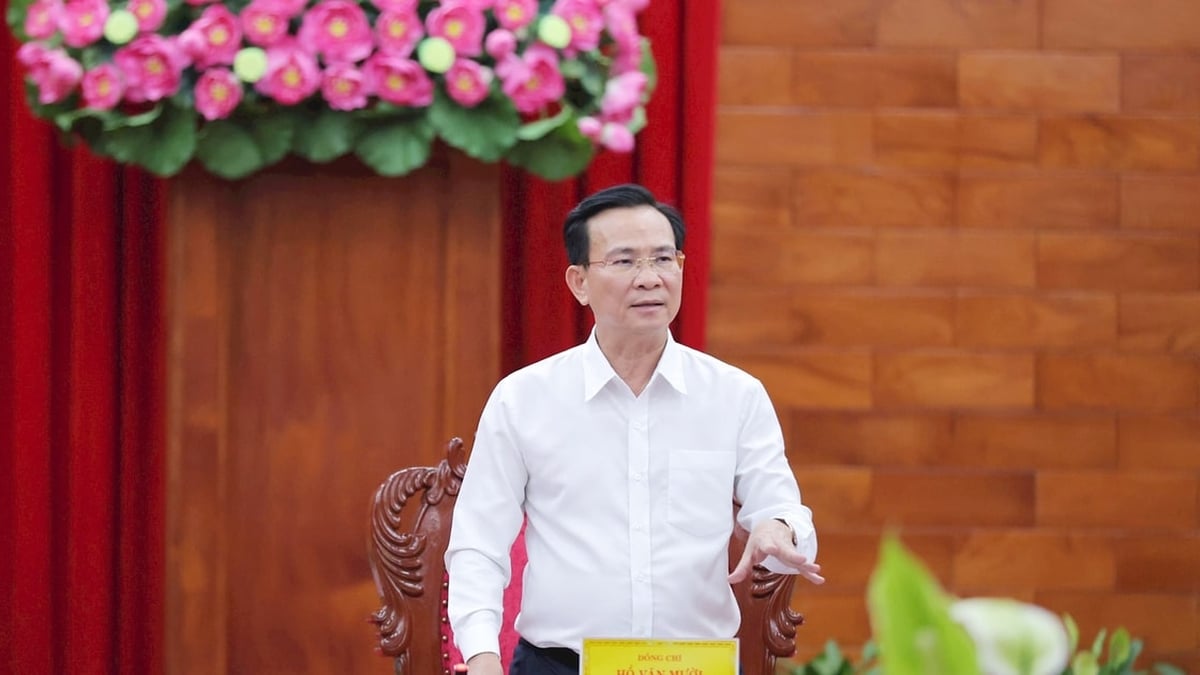

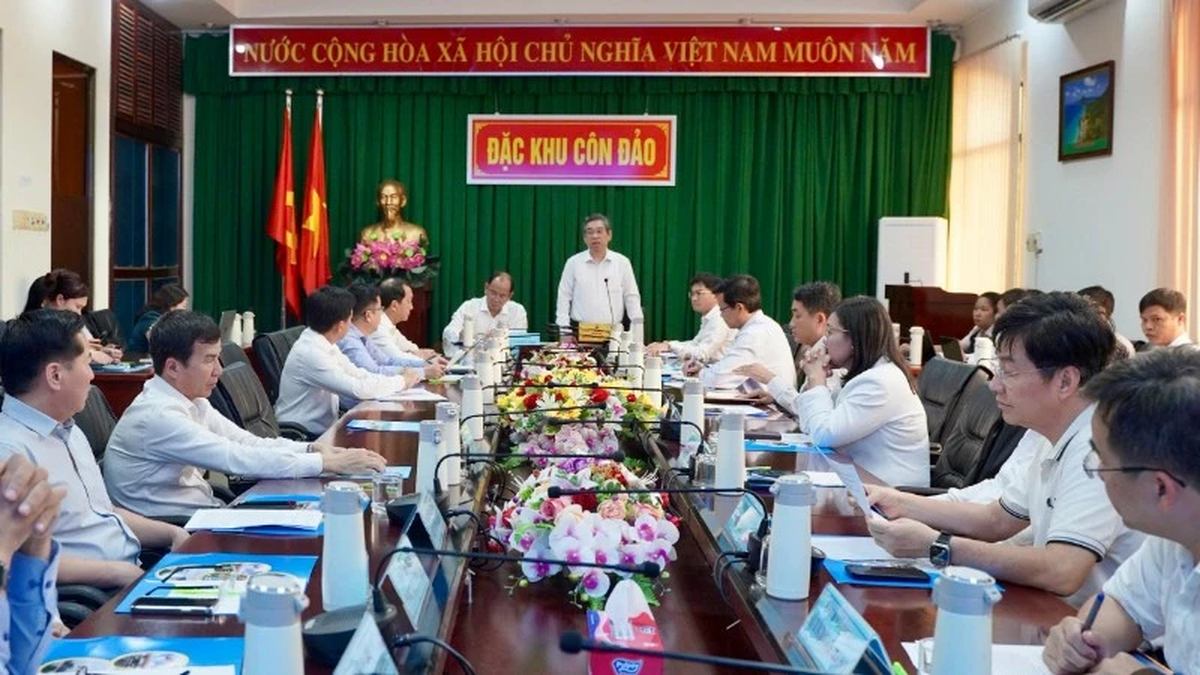
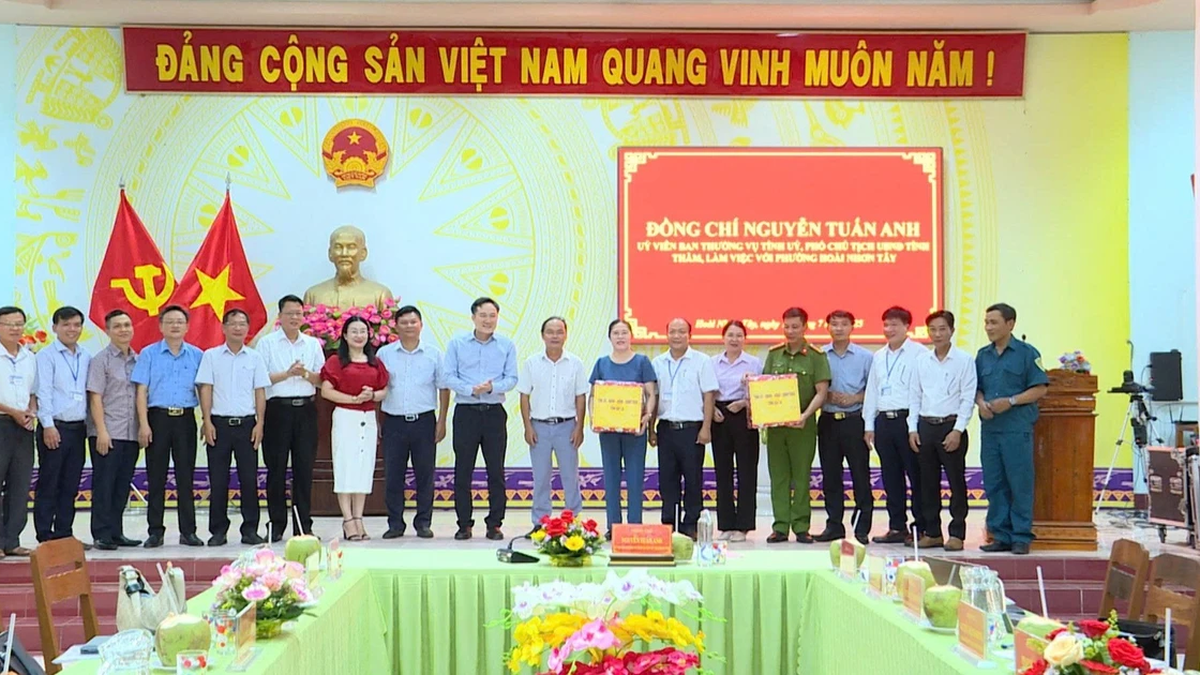

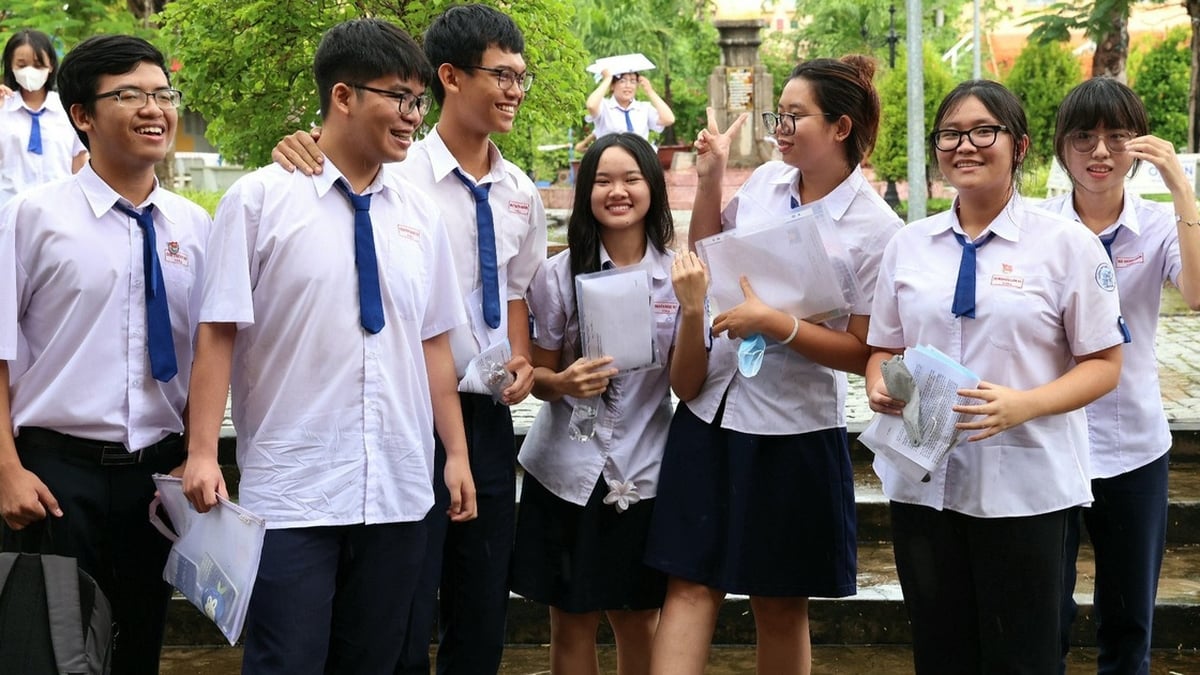
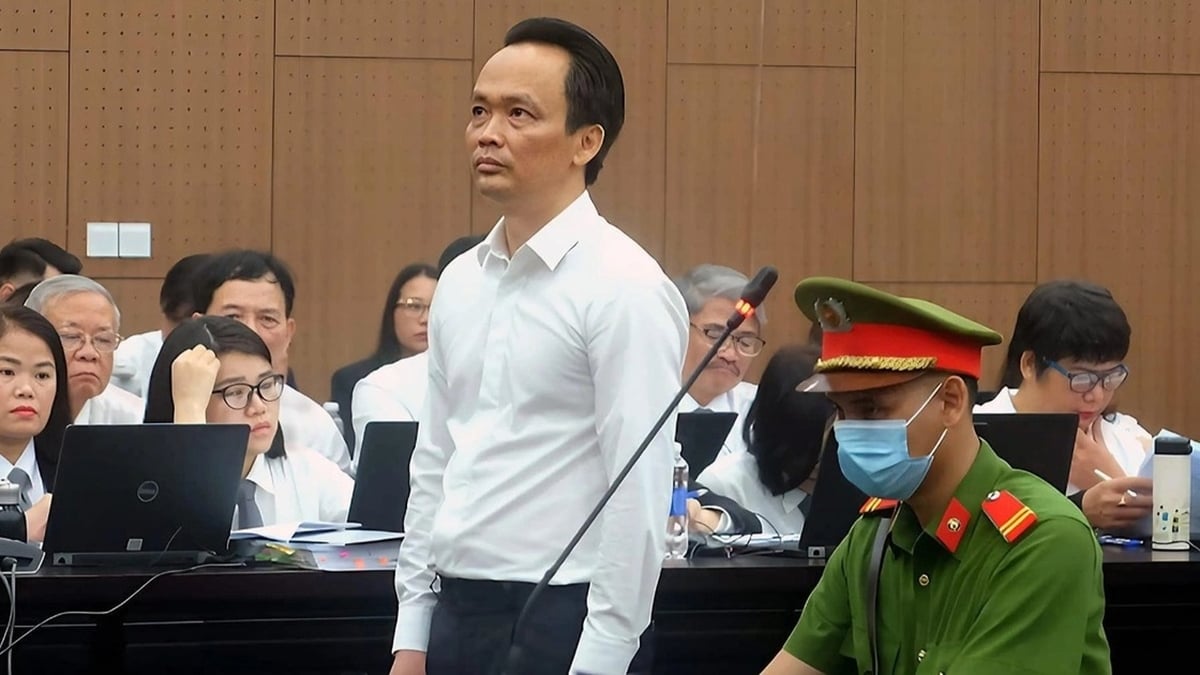

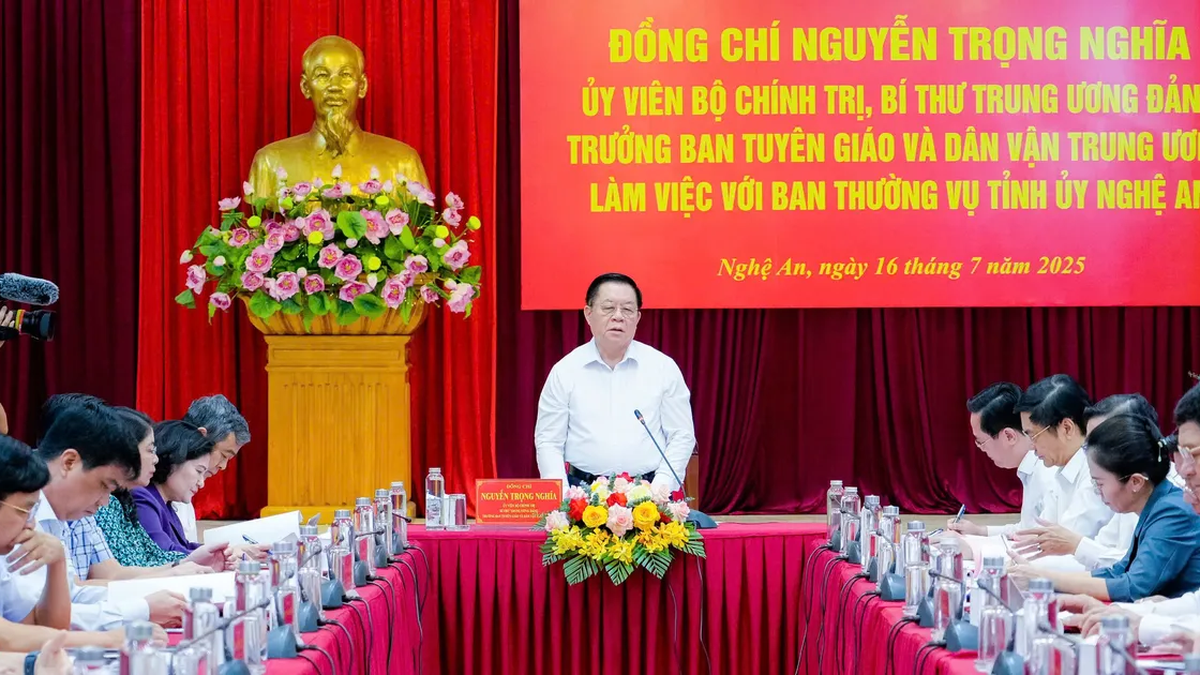
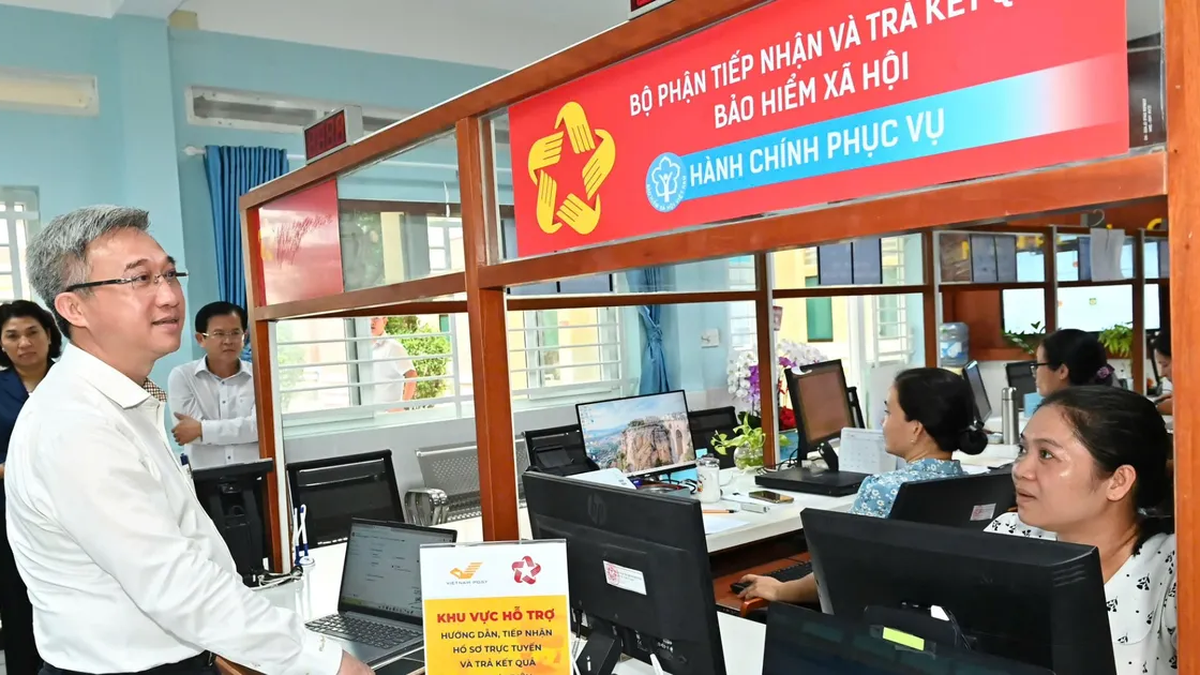








































![[Maritime News] More than 80% of global container shipping capacity is in the hands of MSC and major shipping alliances](https://vphoto.vietnam.vn/thumb/402x226/vietnam/resource/IMAGE/2025/7/16/6b4d586c984b4cbf8c5680352b9eaeb0)



















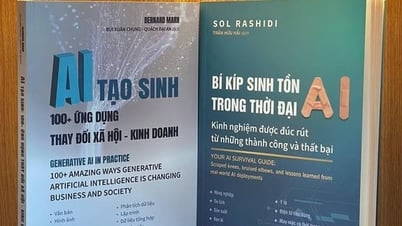
























Comment (0)